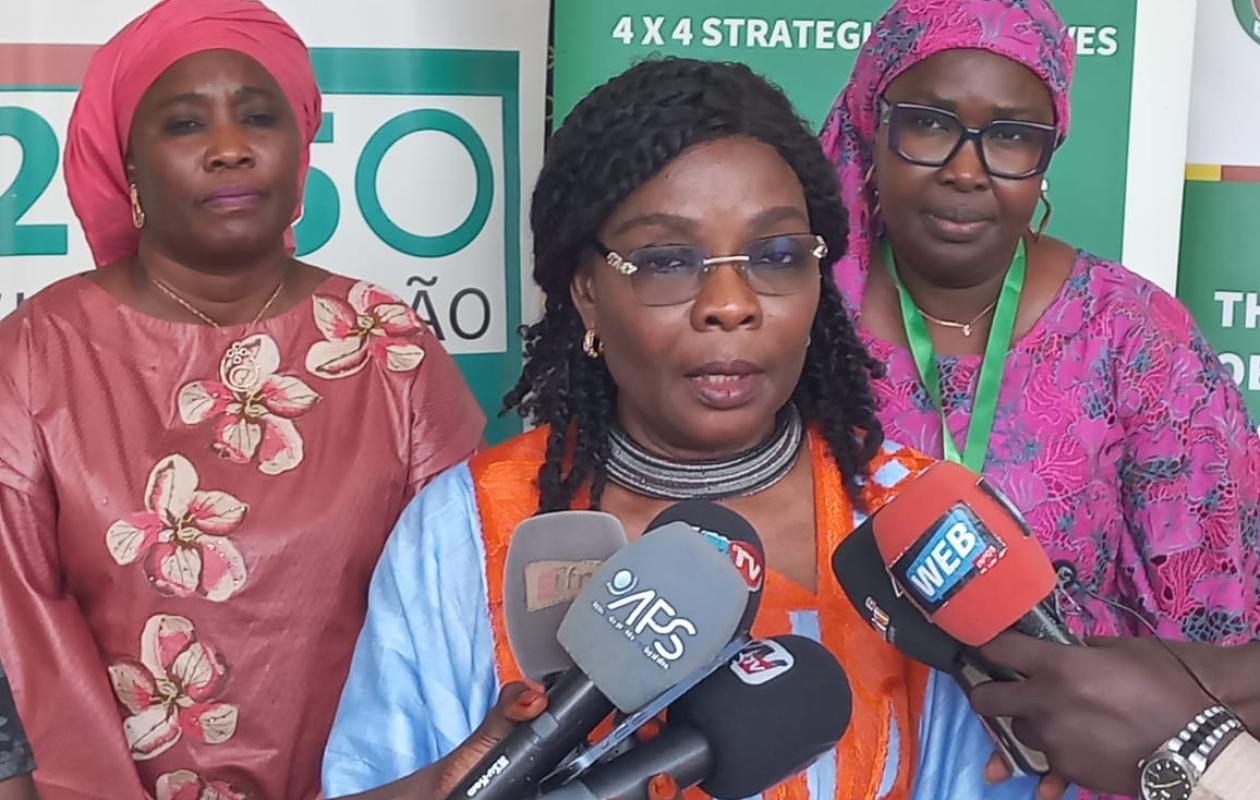
Gender Barometer et IA : La CEDEAO modernise son suivi de l’égalité de genre
ECOWAS has taken a major step forward in monitoring and evaluating gender equality policies with the launch of its new digital ecosystem dedicated to gender. Presented at a regional meeting held in Saly, this ambitious tool aims to improve the transparency, accountability, and effectiveness of programs implemented in member states.
With the implementation of this digital ecosystem, ECOWAS is equipping itself with a structuring mechanism capable of improving the quality of public policies, strengthening transparency and guiding States towards sustainable and more inclusive solutions.
According to Sokhna Astou Diouf Guèye, Director of Equity and Gender Equality, this ecosystem constitutes "an essential governance tool" and the data collected will make it possible to assess progress, identify shortcomings and guide corrective decisions.
"This system will be a lever to measure progress, identify gaps and make the necessary adjustments to advance gender equality in the ECOWAS region," she said.
The Gender Centre's programs cover education, health, economic empowerment, entrepreneurship, and several other areas. The knowledge gained through these training programs will enable more rigorous reporting and harmonized monitoring among member states.
Although the shortcomings are not yet fully documented, the implementation of the Gender Barometer, an index based on several dimensions of human development, has already revealed encouraging trends.
However, Ms. Diouf Guèye points out that overall performance can mask internal disparities. "A country can progress in education or decision-making and lag behind in health or empowerment," she emphasizes.
The Commissioner for Human Development and Social Affairs, Professor Fatou Sow Sarr, welcomed the strategic importance of this new tool for the organization she leads. "We are at a pivotal moment. The Gender Centre is now producing its own artificial intelligence based on our own search engines, in order to ensure the reliability and sovereignty of our data. The digital ecosystem brings together several key instruments: EcoGo: a tool for monitoring and evaluating projects in all member countries; Gender Barometer: a database for assessing gender equality in each sector; and the Gender Equality Index (GEI): a ranking of countries according to their performance," explains Professor Sow Sarr.
This digital infrastructure strengthens ECOWAS's capacity to anticipate challenges, harmonize regional indicators, and guide public policies. It also marks a step forward in the institution's technological adoption and production of reliable content.
The Commissioner wished to congratulate the technical partners who contributed to the development of these tools, in particular CRESS in Senegal and UNDP involved in the development of EcoGo.
Regarding the countries' performance, she praised Senegal's progress, particularly in terms of female leadership and political participation. "Since parity in 2010, Senegal has been among the leading countries within ECOWAS in terms of women's representation in the National Assembly and in local communities," she said.
However, she regrets a recent decline in the composition of the government. "We used to have governments with over 30% women. Today, we're back to square one. Future governments will have to correct this," urges Professor Fatou Sow Sarr.
The two officials emphasized a fundamental idea: gender equality is not a women's issue, but a development imperative for the entire region.
Commentaires (4)
Elles sont meilleures dans les études, dans l'organisation, la méthode et la mise en œuvre.
Surtout la femme rurale.
Pastef a foulé au pieds nos acquis en terme de parité.
Des goujats.
Participer à la Discussion
Règles de la communauté :
💡 Astuce : Utilisez des emojis depuis votre téléphone ou le module emoji ci-dessous. Cliquez sur GIF pour ajouter un GIF animé. Collez un lien X/Twitter, TikTok ou Instagram pour l'afficher automatiquement.